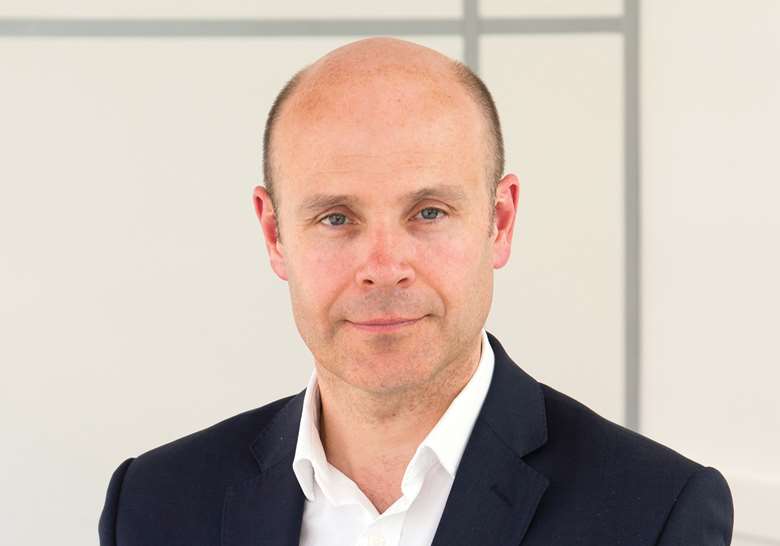Trebling of households affected by benefit cap raises child poverty fears
Gabriella Jozwiak
Thursday, May 4, 2017
The number of households subject to the benefit cap has more than trebled in just four months, prompting campaigners to raise concerns about more children ending up in poverty.

Official statistics published today show 66,135 households had their government benefits capped in February 2017, a sharp rise of 46,039 from November 2016 when the total stood at 20,096.
The massive increase coincides with the amount of benefits that can be claimed each year being lowered from £26,000 a year to £23,000 within Greater London and £20,000 across the rest of the UK.
The cap limits the amount a household can receive as a combined income from benefits including jobseekers' allowance, income support, housing benefits, child benefit and child tax credit, among others.
Prior to the lower cap coming into effect in February, the number of households affected had not risen higher than 28,434 since the £26,000 cap was introduced in April 2013.
The Department for Work and Pensions data shows almost three quarters of the households affected are single parent families - 47,789 in total representing 72 per cent.
Of these, 79 per cent - about 38,000 - have at least one child aged under five, including 15 per cent - about 7,200 - of which are under a year old.
The second largest affected group are couples with child dependants - 13,704 in total making up 21 per cent of those affected.
In total, 55,000 of capped households had between one and four children (83 per cent), while about 10 per cent (6,800) had five or more children.
The statistics point out that as child benefit and child tax credit are included in the cap, families with more children in receipt of higher amounts of these benefits "are more likely to exceed the cap limit and be capped".
More than nine in 10 of the capped households - 91 per cent - were claiming child tax credits.
Child Poverty Action Group chief executive Alison Garnham pointed to data that showed only 16 per cent of capped adults are expected to seek work.
"The large majority can't because they have very young kids or have a disability or ill-health," she said.
Speaking as the UK faces a general election in June, she urged the "next government" to review the cap.
"It isn't moving people into work, nor enabling them to move to cheaper housing, so the question is what is the rationale for the policy?" said Garnham.
"Particularly in the light of projections of big increases in child poverty up to 2020, there is good reason to set the policy aside."
Her concern was echoed by Matthew Reed, chief executive of The Children's Society, who described the figures as "deeply worrying".
"Our concern is that this will only worsen child poverty, which is already set to balloon to five million by the end of the decade," he said.
"While we think it's right that work pays, it is children who are bearing the brunt of the cap."
Only seven per cent of affected households hit by the cap were single people living without children, while less than one per cent were childless couples.




